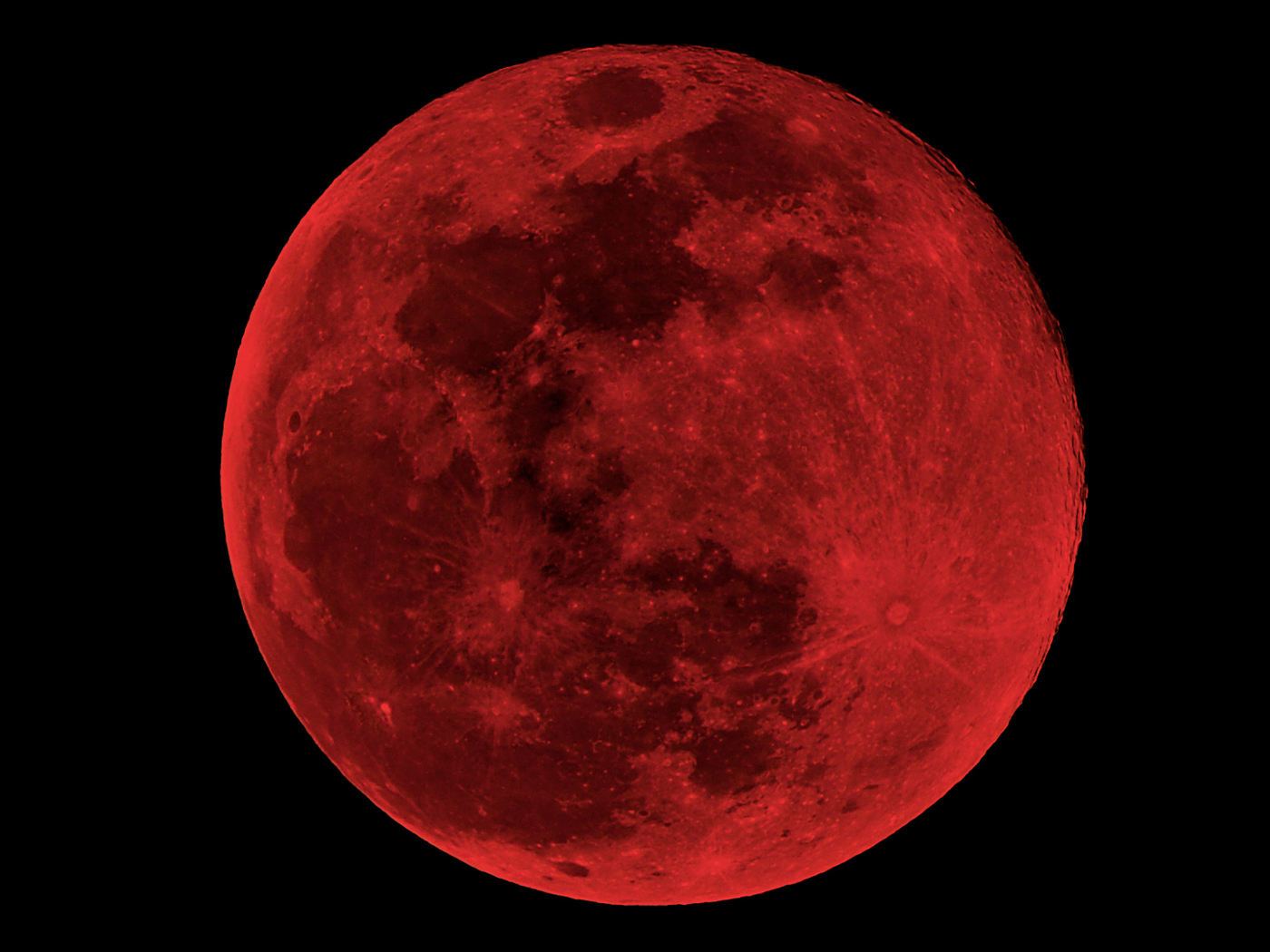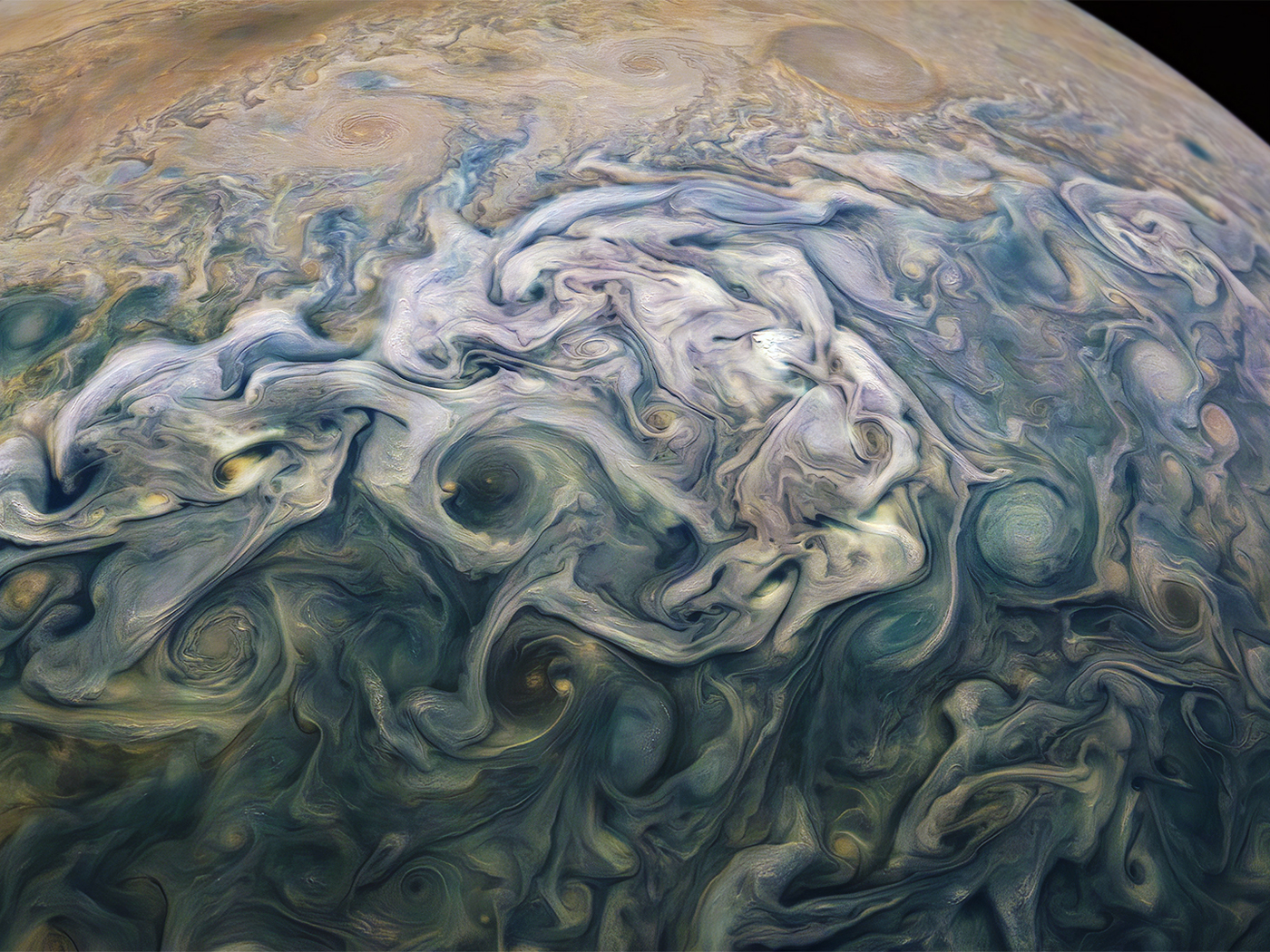Explaining the origin of the universe is an enormous challenge for those seeking to deny their Creator: How could a universe come from nothing? The challenge is so great that some have argued that the universe simply did not even have a beginning, but has existed eternally. However, because most professing atheists have accepted the big bang model of the universe, they have accepted the premise that our universe did indeed have a beginning. Hence, they have a need to explain that beginning.
Theoretical physicist Lawrence Krauss presented in a recent book his claim that the laws of physics could have created the universe from nothing.1 Likewise, other physicists offer similar arguments.
They appeal to the well-known phenomena of “virtual particle” creation and annihilation. The spontaneous (but short-lived) appearance of subatomic particles from a vacuum is called a quantum fluctuation. These subatomic particles appear and then disappear over such short time intervals that they cannot be directly observed. However, the effects of these virtual particles can be detected; they are, for instance, responsible for a very subtle effect on the spectrum of the hydrogen atom called the “Lamb shift.” The short lifetimes of these virtual particles are governed by the Heisenberg Uncertainty Principle (HUP), which says that a short-lived state cannot have a well-defined energy.
The HUP places a limit on the time that a quantum fluctuation can persist. The greater the energy of the fluctuation, the shorter the time that it may last. It is for this reason that virtual particles appear and then disappear after very short intervals.
Krauss and other evolutionary physicists argue that the universe itself is the result of such a quantum fluctuation. However, the HUP itself presents an apparent difficulty for this claim. One would intuitively expect the energy content of the entire universe to be enormous. Hence, even if one were to argue that the universe did “pop” into existence via a quantum fluctuation, the energy content of the universe would be so large that the corresponding time would be vanishingly small, and the newly born universe would then immediately vanish. It is, therefore, difficult to see how our enormous universe could have resulted from such a fluctuation.
Evolutionary physicists argue, however, that if the total energy content of the universe were exactly zero, then a universe resulting from such a fluctuation could persist indefinitely without violating the HUP. This is admittedly a clever argument. Have the “new atheists” found a genuinely convincing way to explain our universe’s existence apart from God?
Not really. The argument hinges on the claim that the total energy of the universe is exactly zero, and this claim is based squarely on Big Bang assumptions. Stephen Hawking writes:
The idea of inflation could also explain why there is so much matter in the universe….The answer is that, in quantum theory, particles can be created out of energy in the form of particle/antiparticle pairs. But that just raises the question of where the energy came from. The answer is that the total energy of the universe is exactly zero.2
Despite Hawking’s blithe assertion, no human being can possibly know the precise energy content of the entire universe. In order to verify the claim that the total energy content of the universe is exactly zero, one would have to account for all the forms of energy in the universe (gravitational potential energy, the relativistic energies of all particles, etc.), add them together, and then verify that the sum really is exactly zero. Despite Hawking’s intelligence and credentials, he is hardly omniscient.
So the claim of a “zero energy” universe is based, not on direct measurements, but upon an interpretation of the data through the filter of the Big Bang model. As hinted in the above quote, the claim comes from inflation theory, which states that the universe underwent a short, accelerated period of expansion shortly after the Big Bang. But “inflation” is an ad hoc idea that was attached to the original Big Bang model in order to solve a number of serious (and even fatal) difficulties.3 Hawking, Krauss, and others are making the claim of a zero energy universe because it is an expected consequence of inflation theory. However, for someone who does not have an a priori commitment to the Big Bang (and inflation theory), it is not at all clear that the universe’s total energy would be exactly zero. In fact, it seems extremely unlikely.
Moreover, when virtual particles momentarily appear within a vacuum, they are appearing in a space that already exists. Because space itself is part of our universe, the spontaneous creation of a universe requires space itself to somehow pop into existence.
In his recent book, Krauss spends very little time addressing this key point. Most of the book consists of a defense of the Big Bang, anecdotal stories, and criticisms of creationists. It is only near the end of the book that he actually seriously addresses this key issue (how space itself could be created from nothing), but he spends very little time on it, despite the fact that the book is over 200 pages long.4 He argues that quantum gravity (a theory that merges quantum mechanics and general relativity) could allow space itself to pop into existence. One obvious problem with this claim is that a workable theory of quantum gravity does not yet exist.
Moreover, the general claim that the laws of physics could have created our universe suffers from a number of serious logical difficulties. Our understanding of the laws of physics is based on observation. For instance, our knowledge of the laws of conservation of momentum and energy come from observations made from literally thousands of experiments. No one has ever observed a universe “popping” into existence. This means that any laws of physics that would allow (even in principle) a universe to pop into existence are completely outside our experience. The laws of physics, as we know them, simply are not applicable here. Rather, the spontaneous creation of a universe would require higher “meta” or “hyper” laws of physics that might or might not be anything like the laws of physics that we know.
But this raises another problem. Since such hypothetical meta or hyper laws of physics are completely outside our experience, why do atheistic physicists naively assume that rules like the HUP would even apply when describing the universe’s creation? They freely speculate about other (unobservable) universes in an alleged “multiverse” that can have laws of physics radically different from our own. Since the HUP is known to be valid only within or inside our universe, it is not at all clear why they would assume that the HUP would even apply when discussing our universe’s creation. Perhaps the HUP is indeed part of these hyper laws of physics, but one could just as easily argue that it is not. One can engage in all kinds of speculation here, but such speculation is not science.
Moreover, even if these supposed higher laws of physics actually existed, in order for them to create the universe, they must have an existence apart from the universe. But this presents a dilemma for the atheist who says that the cosmos is all that exists. Before his death, Carl Sagan acknowledged in correspondence with ICR scientist Larry Vardiman that he recognized this problem for his worldview: His view of origins required the laws of physics to create the cosmos, but because he did not acknowledge his Creator, he could not explain the origin of the laws themselves.5 The existence of physical laws external to the cosmos itself was an obvious violation of his well-known axiom “The Cosmos is all that is or ever was or ever will be.”6
Of course, the atheist could try to dodge this difficulty by resorting to the claim that the cosmos simply had no beginning and is eternal.
But even this avoidance leaves unresolved difficulties. For instance, some are claiming that the cosmos as a whole—the so-called “multiverse”—is eternal, but that it contains infinitely many individual universes (a consequence of modern inflation theory). According to this view, it is only our particular universe that began 13.7 billion years ago. The existence of other alleged (but unobservable) universes supposedly explains our seemingly improbable existence—because the multiverse contains infinitely many universes, the laws of physics and chemistry in at least some of these universes would have properties necessary for life. Thus, our existence is supposedly explained because we just happen to live in such a universe.
A glaring fallacy exposes this argument: While the laws of physics and chemistry in our universe do indeed allow life to exist, they do not allow life to evolve. The laws of physics and chemistry simply are not favorable to the evolution of life.
For decades, creationists have pointed out the insurmountable difficulties with “chemical evolution” scenarios.7, 8, 9 These difficulties don’t vanish simply because someone claims that other (unobservable) universes exist. Even if the laws of physics and chemistry in every single one of these other supposed universes did allow for life to evolve, those laws from another universe could not explain the existence of life in this universe. This should have occurred to the atheists—but their argument demonstrates “vain imaginations” and “foolish, darkened hearts” (Romans 1:21-23).
Despite the impressive academic credentials of those promoting the “universe from nothing” idea, the scenario is utterly unreasonable, and no Bible-believing Christian should be intimidated by these “vain imaginations.”
References
- Krauss, L. 2012. A Universe from Nothing. New York: Free Press.
- Hawking, S. 1996. A Brief History of Time. New York: Bantam Paperbacks, 133.
- Williams, A. and J. Hartnett. 2005. Dismantling the Big Bang. Green Forest, AR: Master Books, 121-125.
- Krauss, A Universe From Nothing, 161-170.
- Vardiman, L. 2012. Did the “God Particle” Create Matter? Acts & Facts. 41 (3): 12-14.
- Sagan, C. 1985. Cosmos. New York: Ballantine Books, 1.
- McCombs, C. 2004. Evolution Hopes You Don’t Know Chemistry: The Problem of Control. Acts & Facts. 33 (8).
- McCombs, C. 2004. Evolution Hopes You Don’t Know Chemistry: The Problem with Chirality. Acts & Facts. 33 (5).
- McCombs, C. 2009. Chemistry by Chance: A Formula for Non-Life. Acts & Facts. 38 (2): 30.
* Dr. Hebert is Research Associate at the Institute for Creation Research and received his Ph.D. in Physics from the University of Texas at Dallas.
Cite this article: Hebert, J. 2012. A Universe from Nothing? Acts & Facts. 41 (7): 11-13.


















